Despite the reduction in unemployment rates and promising economic activity in the United States., economic mobility is still severely limited for certain population groups. Historically, workforce development programs in the U.S. have focused on education and skills, but they have not addressed all the barriers that impede individuals from getting and keeping jobs.
This report, Jobs for All: Employment Social Enterprise and Economic Mobility in the United States, explores the contribution of employment social enterprises (ESEs) to economic mobility for people who have largely been excluded from the workforce. Our research highlights promising social enterprise solutions that have the potential to address some of America’s most persistent and structural employment barriers.

We’re in an economic crisis amidst a social justice uprising and the COVID-19 pandemic. Unemployment is higher than it’s been since the Great Depression.
Jobs are scarce, especially for certain populations.

Many groups in our country are much more at risk of never finding jobs in the first place.

Employment Social Enterprise helps many populations enter the workforce, which makes our national economy and companies stronger.
But for any of this to really make a difference, corporates need to mainstream and scale these tried and true methods.

Let’s mainstream and scale what works. Here’s how:
Business: Fill your talent pipeline with employment social enterprises
Funders: Find and scale employment social enterprises
Government: Connect and contract with employment social enterprises
Let’s get everybody working.
Georgetown studied the state of unemployment for disenfranchised people to unearth what works. We are excited to share it with you.
We’ve found incredible examples of employment social enterprises that have transformed the lives of people with disabilities, formerly incarcerated individuals, immigrants, refugees, veterans, and many more. We know what works— but it needs to be scaled. We have a vision for how to do it.





